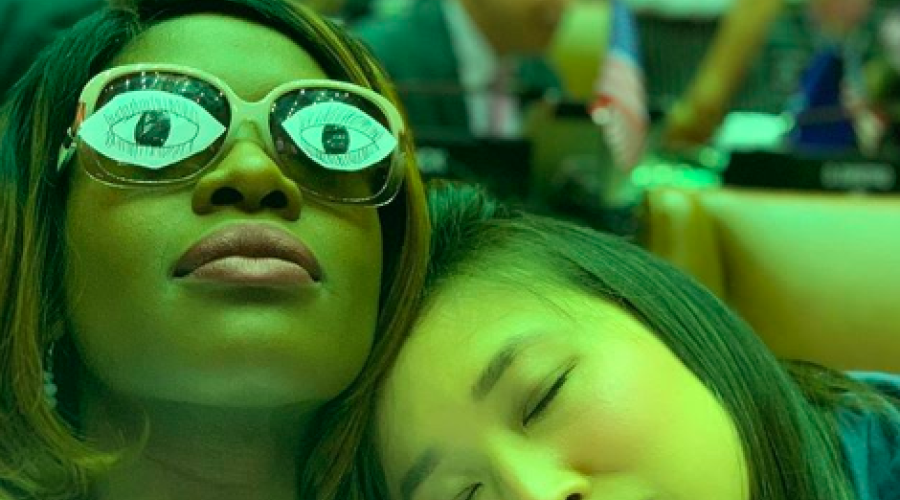
I Can't Vote
As an Asian American immigrant with a green card, I have no legal right to vote. As a child, I didn't think this mattered, why would one person's vote out of the 329 million people make any difference? None of my parents nor grandparents voted, either because they also weren't citizens or because they simply didn't care. What's the difference between one white man and another white man when they both don't speak your language and don't care about your community?
This drastically changed when I saw in that an Asian American immigrant woman was running for State Assembly in the summer of 2016 after the sitting assemblyman was charged with 11 counts of corruption. That makes sense, finally having an Asian American as a representative for an overwhelmingly Asian Chinatown. Before 2016, I didn't even know that local politics existed in terms of the State Assembly, District Leaders, and the City Council. However, this single campaign changed my whole perspective on politics because with every door I knocked, I began to realize why the Asian American voter turnout rate was so low, why no politician ever pays any attention to the needs of my community, and why even my family was so disillusioned with the political system in America. Thankfully, Yuh-Line Niou won the State Assembly seat and continues to fight for our silenced voices finally to be heard and demand that the state actually listens. From immigration rights to rent laws, this systemic change comes from local politics and these ideas rise to national politics.
However, I acknowledge that my views of an empowering politician who actually fights for my values and beliefs are very different from the experiences that other people have had with politicians who only pander for votes and "are corrupt and are in it for themselves." Sometimes, this cynical view may even prove true as it did with my former State Assemblyman, Sheldon Silver. Changing this cycle of cynicism starts with education. Going to a specialized high school, I had to privilege of taking AP Government and US History courses during the presidential election where my teacher spent class time having conversations about why our voices matter as young voters. We even had booths every day at school that registered students to vote. This is not the case for most schools as youth turnout is extremely low. Only by educating young voters and explaining why every vote matters can we make a difference. Yes, the presidential elections are crucial for American democracy but so are local elections. By having people become invested in policies who will actually advocate for these policies, we create a system of belief around the political system. These people are the ones who actually live in and understand the needs of your specific community. We need to understand the policies that will change our communities, from language accessibility to rent laws, so we can build a nation that has accountability on all levels of government.
So, I'm not able to vote. But, that doesn't mean I don't have a voice; that doesn't mean I will let privileged white men tell me what this country needs; that doesn't mean I will live in my bubble of privilege at Cornell and not acknowledge the injustices that happen every single day. Instead, I will continue to campaign for politicians who cry in joy when laws are passed. I will continue to get out the vote, regardless of who people are voting for. I will continue to fight for my community on the Lower East Side because our voice has not been heard for far too long.
